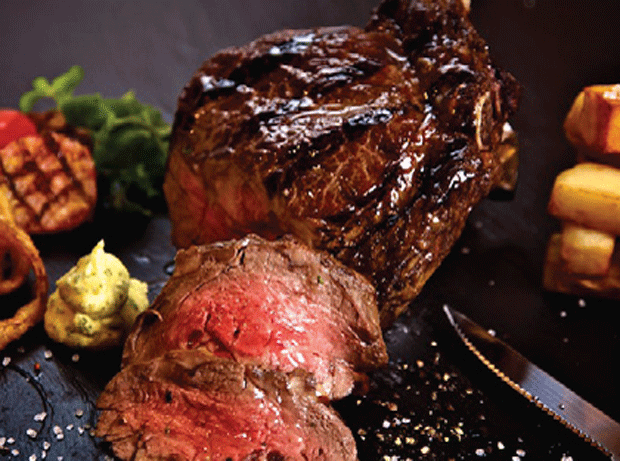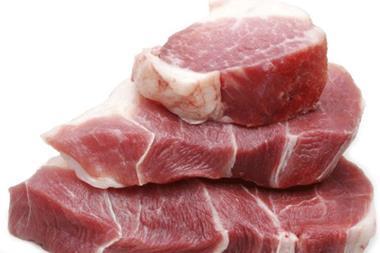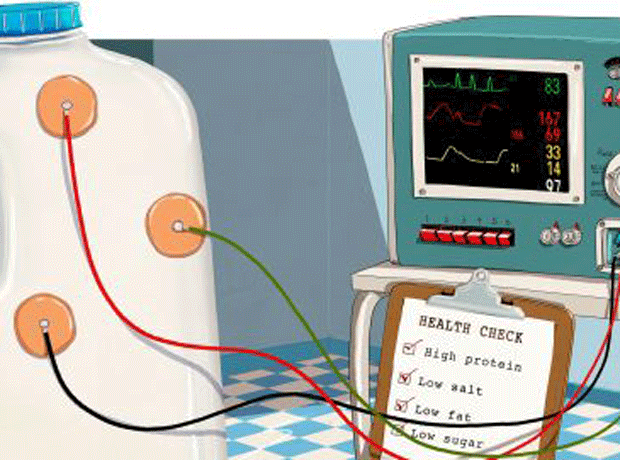
A diet rich in animal protein could be as harmful to human health as smoking, scientists have warned.
Under 65s who ate a diet rich in animal proteins such as meat, eggs, milk and cheese were four times more likely to die from cancer or diabetes than someone who ate low quantities, research published in the journal Cell: Metabolism indicates.
Previous research has focused on links between red meat consumption and diseases such as cancer but this latest study suggests there could be a link between the development of diseases such as cancer and the consumption of animal protein more generally.
It comes as more food brands seek to push the high protein content of their products, as high-protein diets such as the Atkins diet have put high protein foods on consumers’ radars in recent years.
“We provide convincing evidence that a high-protein diet - particularly if the proteins are derived from animals - is nearly as bad as smoking for your health,” one of the scientists behind the work, Dr Valter Longo, of the University of Southern California, told The Daily Telegraph.
“Risk cannot be attributed to one specific food or nutrient and to suggest otherwise is grossly misleading and unhelpful”
Maureen Strong, AHDB
In addition to the human study, a study was also conducted on mice. It also showed that animals fed a low-protein diet had a lower incidence of cancer than those fed a high-protein diet. Cancerous tumours in those mice which did develop the disease were slower growing.
Those in the human study who had a high protein diet derived at least 20% of the calories in their diet from protein. Those with a low protein intake derived less than 10% of their calories from protein.
The research was based on a study involving 6,381 people aged 50 and over.
Although researchers warned against high animal protein consumption, they advocated that in older age, people should boost their protein consumption, and avoid a low protein diet, to aid their health and to protect themselves from frailty.
The UK meat industry has urged caution in the wake of the University of Southern California’s findings, warning that risk factors associated with the development of chronic diseases, such as cancer, were complex. “Risk cannot be attributed to one specific food or nutrient and to suggest otherwise is grossly misleading and unhelpful in the promotion of consistent evidence-based health messages to the public,” said Maureen Strong, nutrition manager at the Agriculture and Horticulture Development Board.
Nutritionists have also criticised the study’s link to smoking and as well as its methodology.
“It is wrong, and potentially even dangerous, to compare the effects of smoking with the effect of meat and cheese,” said Dr Gunter Kuhnle, a food nutritionist at the University of Reading.
Catherine Collins, chief dietician at St George’s Hospital, London has also criticised researchers for basing their conclusions in the human study on what she claims is a single survey of what people reported eating in the previous 24 hour period. “As a dietician that’s worrying,” she told the New Scientist magazine, adding: “There are so many errors with the data collection. It implies people’s diet doesn’t change over 18 years.”
However, Valter Longo, co-author of the University of Southern California study, said that what the subjects ate in the 24 hour period was representative of their diets: “Most people don’t change their diet very often.”



















No comments yet